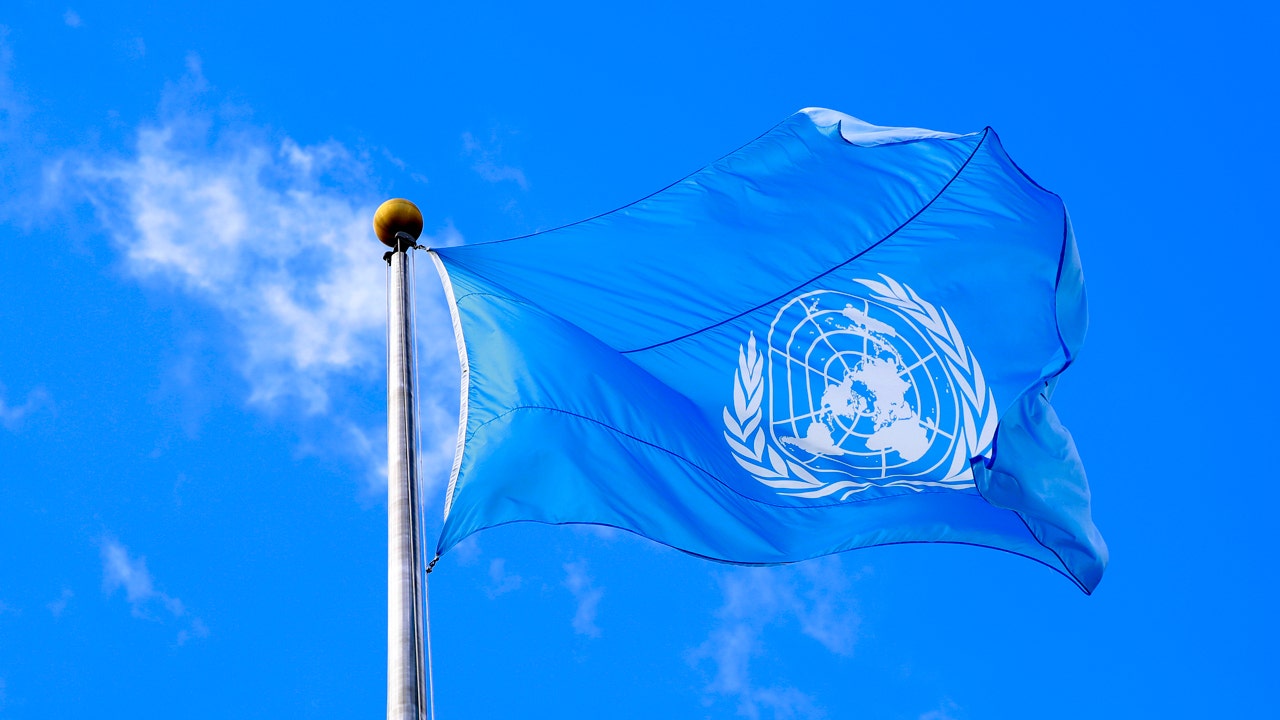UN budget reform called deceptive ploy to maintain size until 2026 elections

The United Nations is facing a significant financial crisis, prompting efforts to slash its budget in order to manage a decline in external contributions. The UN80 Task Force has been tasked with finding ways to reduce costs and streamline operations to ensure the organization’s sustainability. However, a diplomatic source has revealed that the real goal of these efforts is to maintain the status quo until the 2026 midterm elections in the United States.
According to the source, the proposed “zero-growth budget” for 2026 is a temporary measure designed to placate President Trump and avoid any drastic cuts to the U.N.’s budget. The source claims that the U.N. is banking on a Democratic victory in the House of Representatives to reverse any damage inflicted by the current administration. This strategy is allegedly driven by the U.N. Foundation, although the organization has denied any involvement in linking budget deliberations to U.S. elections.
Internal documents reviewed by Fox News Digital shed light on the U.N.’s efforts to cut costs, with some revealing the challenges of implementing meaningful reforms. A memo from U.N. Resident Coordinators in Africa highlights the lack of incentives for collaboration among U.N. entities, leading to prioritization of corporate obligations over system-wide coherence. Another memo from the office of the Secretary-General directs entities to conduct a functional review for cost reductions and efficiencies, including the relocation of functions and personnel.
However, the source doubts the sincerity of these efforts, noting that structural reforms will require a long-term phased approach that may not be feasible without changes to headquarters-level entities. The source also questions the authority of the Secretary-General to enforce changes on independent U.N. bodies with their own governing boards. Despite Secretary-General Antonio Guterres’ promises of bold reforms, doubts remain about the organization’s ability to adapt to the changing financial landscape.
As the U.N. grapples with its financial woes, concerns have been raised about its ability to pay suppliers and employees in the coming months. The organization faces a critical juncture as it navigates a complex web of competing interests and demands for reform. Whether the U.N. can successfully navigate these challenges and emerge stronger remains to be seen.
In conclusion, the United Nations is at a crossroads, with its financial stability hanging in the balance. As the organization seeks to adapt to a changing world, the road ahead is fraught with obstacles and uncertainties. Only time will tell whether the U.N. can rise to the occasion and chart a new course for its future.




